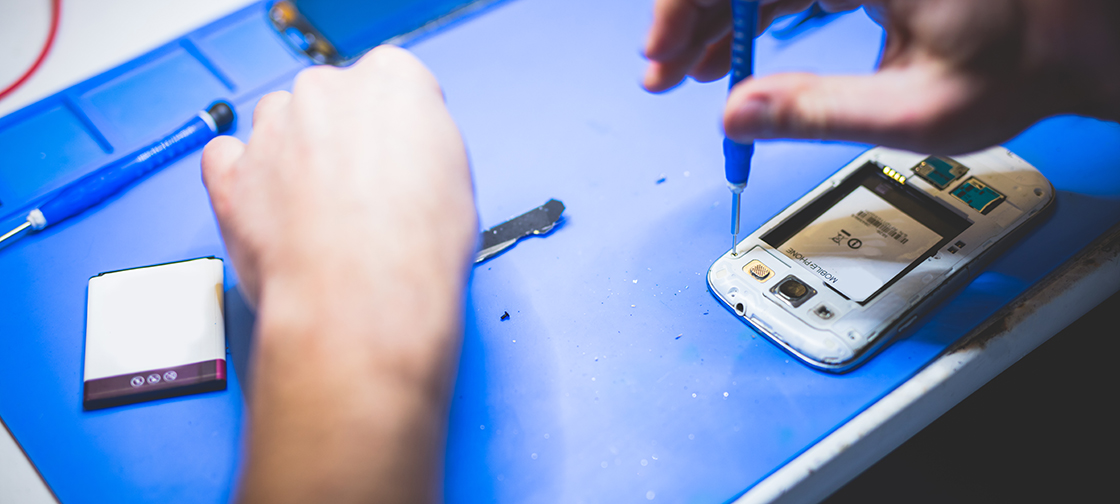Modern computer memory encodes information by switching magnetic bits within devices. Now, a ground-breaking study conducted by researchers from NUS Electrical and Computer Engineering has found a new efficient way of using ‘spin waves’ to switch magnetisation at room temperature for more energy-efficient spin memory and logic devices.
Traditional electronic chips suffer from substantial ‘Joule heat’, which occurs due to the flow of an electric current producing high temperatures. It is caused by rapid motion and frequent collision among moving charges inside the devices. This severe issue not only causes a large amount of power dissipation, but also hinders the chip’s processing speed and limits the number of chips that can be incorporated into appliances.
“We always encounter such problems and inconveniences when using our phones, computers and other electronic devices. We often find that these devices are becoming ‘hot’ and ‘slow’, moreover, we need to charge them frequently and have to bring another portable charger sometimes,” explained Professor Yang Hyunsoo, the team leader of this research.
So, rather than adopting standard electron injection methods used in traditional electronics, Prof Yang‘s team creatively used ‘spin waves’ to switch magnetisation. Spin waves are propagating disturbances in the ordering of magnetic materials, and from the quasiparticle point of view, spin waves are known as ‘magnons’.
The team built a bilayer system consisting of an antiferromagnetic magnon transport channel and a topological insulator spin source. In a world’s first, they then successfully demonstrated spin wave driven magnetisation switching in the adjacent ferromagnetic layer with a high efficiency at room temperature.
The new switching scheme based on spin waves can avoid moving charges. Therefore, much less Joule heat and power dissipation would be expected for devices. The advance of spin wave based switching could open a new avenue for energy-efficient chips.
The results of the study were published on 29 November 2019 in Science.
Source: “NUS researchers find potential solution to overheating mobile phones”, National University of Singapore




